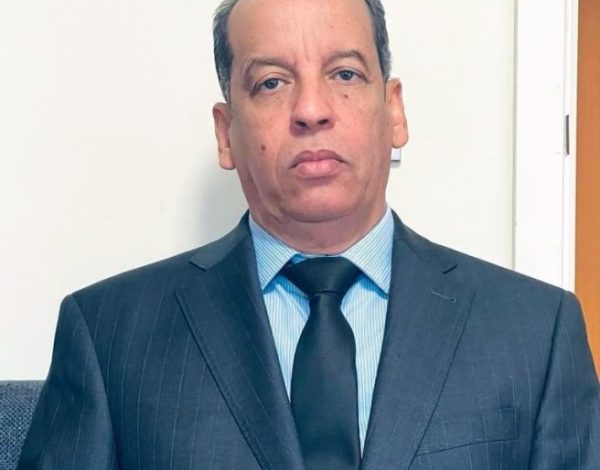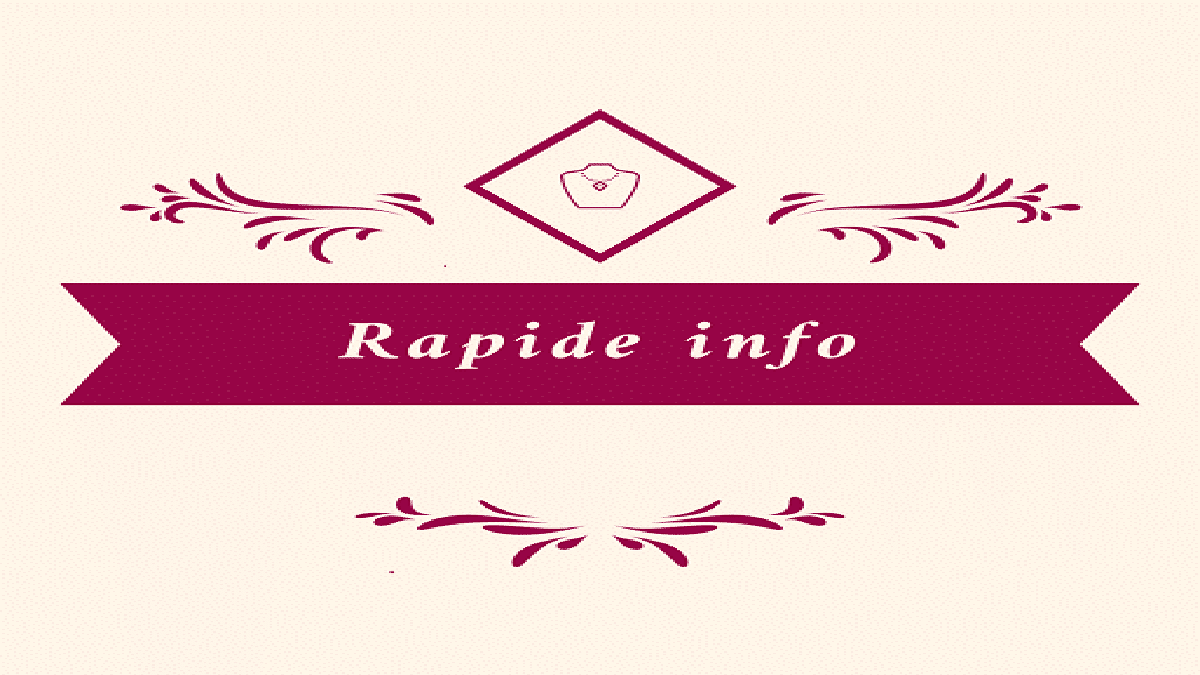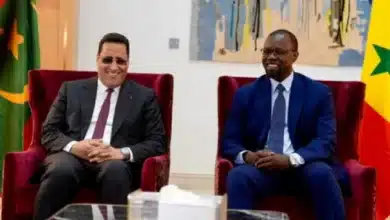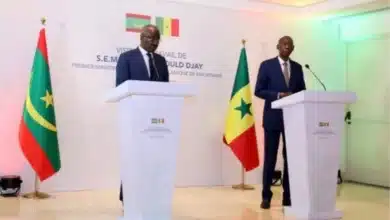Ongoing racism and slavery in Mauritania? A serious distortion!

- Ongoing racism and slavery in Mauritania? A serious distortion!
It is outrageously false to accuse Mauritania of being a new apartheid. The so-called human rights activists who say this do not mean it; it is simply an exaggeration, falsely and shamelessly uttered to mislead the international community into sympathy and raise funds. Incidentally, whenever a black Mauritanian is frustrated or unhappy with his government’s decisions, he sticks the apartheid label on the whole state. It is child’s play. It is just common parlance, you might say.
It is a monstrosity, contrary to the facts and the truth itself, to brand this country of ethnic and cultural mixing as racist.
In the « Land of Men », ethnic groups from different horizons have met at different times in history. These ethnic groups are of African and Arabic cultural backgrounds and have lived side by side in peace for many centuries.
But things began to go wrong on the eve of independence in 1960 with the rise of black nationalism, whose militants sought to maintain a black racial identity for the Fulani, Soninke and Wolof peoples, along with a race-based fifty-fifty distribution of power and wealth.
At the linguistic level, for example, the black separatists rejected Arabic and sought to impose French as the language of national unity since African languages were in their infancy. Even today, no African country uses any of them as official languages or makes them part of the national curriculum.
To overcome this disagreement, the black activists propose translation as long as their fellow Arab citizens are translators. The Arab leaders, however, claim that Arabic is the way forward because it was the historical language of science and the Islamic religion for all national and ethnic communities before French colonialism, including the Fula, Soninke and Wolof.
On the other hand, the Moors (Arabs), the leading dominant group, consider black nationalism to be schismatic, an attempt to reproduce a new apartheid system, this time initiated by the blacks themselves to avoid national integration. The Arabs are for the Republic and against racial and political division. They are against division and look forward to building an integrated, colourless society of free and equal citizens in the medium term. The black agitators, against all logic, are fighting for a divided nation and separate racial development.
Moreover, FLAM (a Fula racist movement) is no longer the only black radical movement on the national stage. The Anti-Slavery Association (IRA), made up mainly of Haratin (ex-slaves) who are black but Arab in religion and culture, has joined the ‘party’ and uses the same racist propaganda for political and financial purposes: “The black population of Mauritania is still in chains, enslaved and under the rule of apartheid”.
A serious distortion!
Slavery has been officially abolished in Mauritania since 1981, and recent laws have been passed to strengthen the legal instruments for eradicating this outdated and cruel system.
Mauritanian law also criminalises drug trafficking. When the national police report that some cocaine is seized somewhere in the vast national territory, does this mean Mauritania becomes another Colombia?
Not at all, compliance and full implementation of the law, together with a change in attitudes, does not happen overnight; it is a long and demanding task. There may be some smuggling, but drug trafficking is still a crime. That is to say, there may be some residual effects of slavery, but slavery itself is over and gone for good.
It is also good to know that the former American president, Abraham Lincoln, abolished slavery in 1861. Did his Emancipation Proclamation end slavery in the United States in the blink of an eye?
No, a hundred times no, 100 years later, « the Negro is still not free », said M.L. King in 1963 at the « March on Washington » for civil rights. In the same year, J.F. Kennedy, in his historic speech, lamented the gap between the legal end of slavery and its extinction: “One hundred years have passed since President Lincoln freed the enslaved, but their heirs, their grandchildren, are not quite free. They are not yet free from iniquity. They are not yet free from social and economic oppression”.
In any case, anti-racism and anti-slavery remain bankable on the international market, purchasable by Zionist clients and all manner of slanderers of the Arab and Islamic nations of Mauritania.
Worse still, for the dual purpose of raising funds and paving the way for asylum seekers in America, Canada and Europe, ethnic tensions are now being prepared by the same agitators. Fleeing by boat is risky; it is easier to make Mauritanians hate each other for shedding blood. In this respect, the racial crisis of 1989 was a panacea. Thousands of black Mauritanians found refuge in Western countries, and even a significant number of West African adventurers managed to buy refugee cards as Mauritanians…
With the support of a large part of the intellectual elite and the political class, the governments of Mauritania have done their best. But poverty and illiteracy must be tackled for the benefit of all, not just the formerly enslaved, and that is the problem.
Finally, a word of advice: philanthropists and human rights defenders worldwide, if you are told with « such enthusiasm … the old lie » that slavery and apartheid exist in Mauritania, be careful; the messengers of « justice and peace » are ill-motivated!
Ely Ould Sneiba




